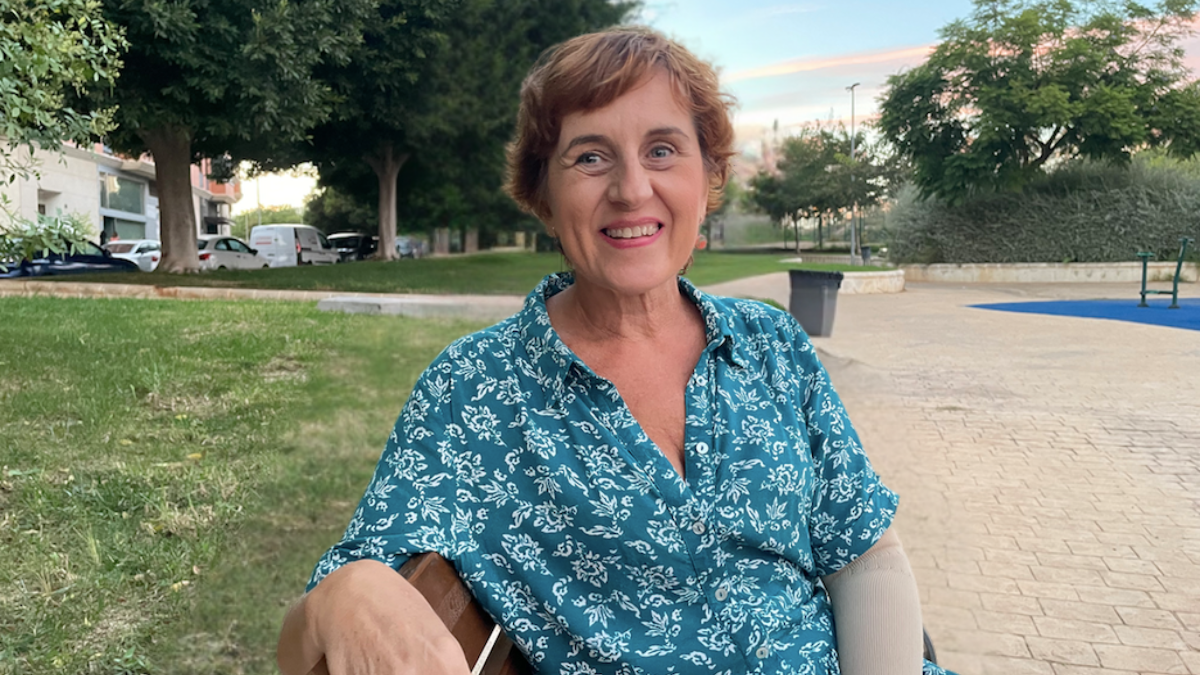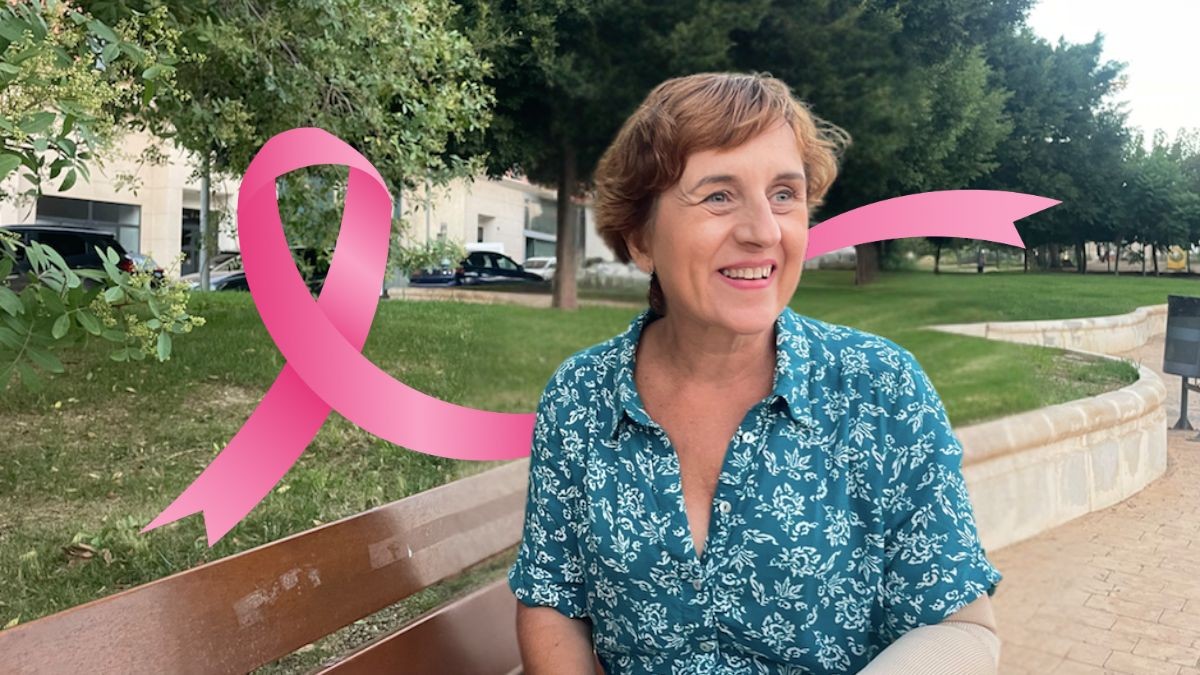36,395 new cases of breast cancer are estimated to be diagnosed this year in Spaina figure that places it as the most common cancer and the one that causes the greatest number of deaths in the female population in our country, according to the latest data collected by the Spanish Society of Medical Oncology (SEOM) and the Spanish Association Against Cancer ( AECC).
On the occasion of World Breast Cancer Daywhich is commemorated every October 19, NewsWork has spoken with Damiana Matarínwho was diagnosed with this disease in December 2019 and has shared how the effects of cancer have impacted her work life.
According to the latest study by the AECC Observatory, 65% of female breast cancer survivors have experienced some impediment in doing work, and 45% have not made a progressive return to work, despite the fact that the majority I would have liked to do it. Besides, 1 in 4 women have been forced to stop workingas a consequence of cancer.
Breast cancer, a reality that affects the labor market
It is not an isolated case. Damiana’s story in her work, after she was diagnosed with breast cancer, has taught her, among other things, to realize the general lack of knowledge that exists regarding this disease.
Damiana is from Almería and currently works full-time in a drugstore in the city, where she was working until the last day before undergoing surgery for breast cancer in February 2020. She was on medical leave for four months for radiotherapy. . However, the request and insistence of his manager and his desire to leave the house and return to his job to convince himself that he would continue his life normally, prompted him to ask for voluntary discharge.
“My manager told me that it was necessary for me to join because my colleagues were going on vacation.”account. “In addition, he assured me that I was not going to gain weight, but when I joined, nothing he told me was like that,” he adds. In this way, Damiana returned to her job in the month of July, and recognizes that “The first months were quite unbearable due to the side effects of the radiotherapy and hormonal treatment, which caused me to be tired and fatigued.. “I couldn’t walk at a normal speed.”
Aware of the situation that Damiana was going through, she says that the store coordinator gave her a “lockdown,” where she demanded that she live up to her colleagues. “If you are working, you have to comply, he told me. And that sank me, because I saw that I couldn’t,” regrets. “My self-esteem went to the floor. Emotionally I was very bad, and physically I already was.”
Psychological impact
After this unexpected situation, Damiana began to decline. He suffered several attacks of vertigo, which forced him to take a second medical leave, in which he remained for almost a year. This also plunged him into a deep depression. After this time, the Medical Inspection discharged her, so she returned to her job for just over a year, until uterine cancer was detected. This forced him, in 2023, to take another six-month leave, which was combined with another due to depression. “I am currently continuing with psychiatric treatment”.

Despite this, he says that the Medical Inspection discharged him in September, without prior evaluation, and through a telephone message. Therefore, from that moment on, Damiana has been working, although after being assessed by those responsible for prevention and occupational risks at her company, she does so “with strength limitations”, since she cannot raise her left arm – the one involved in the operation – up to the shoulder. “I can’t unload the trucks or put the vinyl in the windows,” he says.
“No one warns you that your body is going to change”
After her experience, Damiana strongly requests that doctors inform patients about the possible side effects that breast cancer treatments and operations may have, “so that companies can know that, even if you go to work, “There are still consequences.”
ensures that “No one warns you that your body is going to change, that your legs are going to swell, that you are no longer the same.”. She says that such a simple gesture, like bending down and standing up, represented a “supernatural” effort for her, and she regrets that it is something that “businessmen don’t know either.”
And although Damiana has already overcome cancer and works daily to recover from all the consequences that the disease has left, asks for more communication between company and employee to protect the rights and expand labor protection for people with cancer. “Because the first thing is health. Without health, there is no job”.
The need to advance in the protection of workers with oncological disease
On October 15, the Minister of Inclusion, Elma Saiz, met with the Spanish Association Against Cancer to collect their observations on the gradual incorporation into the workplace, in which there was a clear need to address changes in Disability Temporary (IT) for cancer patients.
Along these lines, the possibility of a gradual return to work has been studied for those people who have overcome a long and complex recovery process, although it must be analyzed at the social dialogue table.
